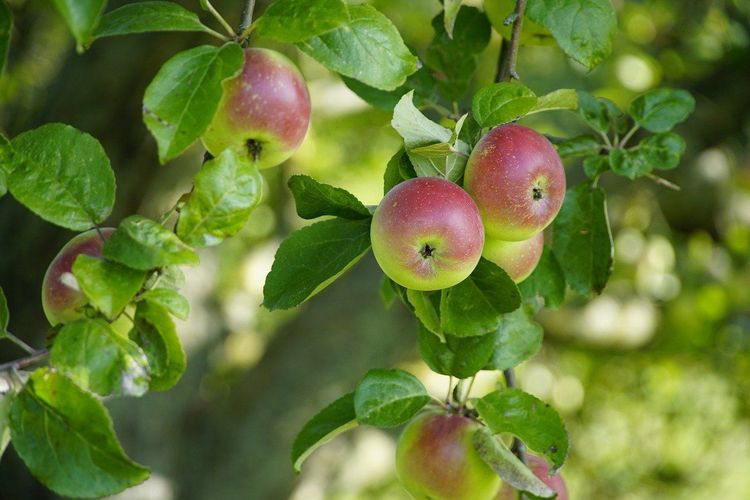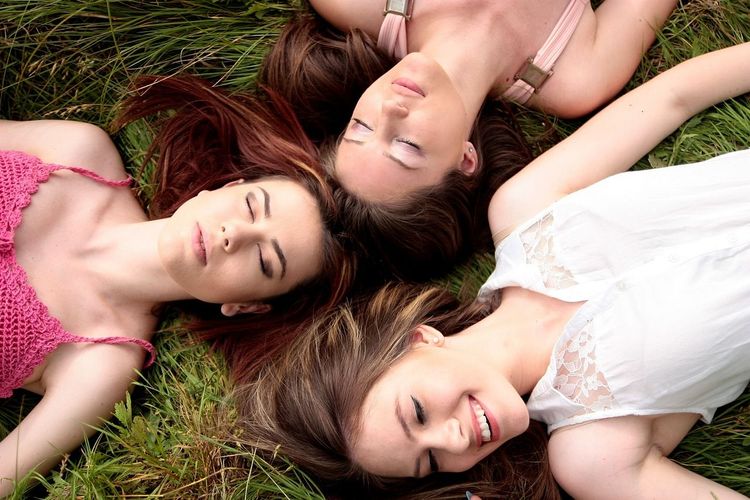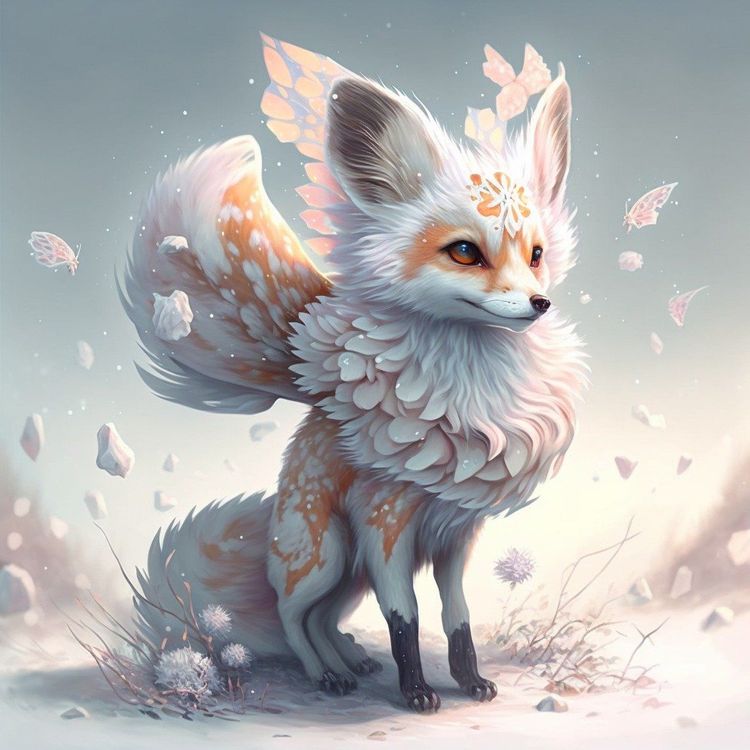Artisse, an innovative AI photo creation app, has secured $6.7 million in seed funding, riding the wave of the recent viral trend in AI-generated selfies. Users can upload selfies and use prompts—either text or image-based—to create new, photo-realistic images of themselves in diverse settings and styles. Unlike its competitors, Artisse emphasizes producing stunningly realistic images that can effectively substitute traditional professional photography.
Behind the scenes, Artisse employs a proprietary AI model, integrating best practices and insights gleaned from open-source tools. This focus on hyper-realism has propelled the app to the top of photo app rankings on platforms like the Google Play Store in various countries, including the U.S., U.K., Japan, South Korea, Canada, and Australia.
With over 200,000 downloads, Artisse reports that its images have reached approximately 43 million users across social media platforms. Already, users have crafted more than 5 million unique photos through the app.
Founded by William Wu, who previously held roles in investment and strategy at McKinsey & Co. and Oaktree Capital, Artisse was originally bootstrapped. Wu was inspired to create this AI app after noticing that many people showcased “perfect” photos on their Instagram or dating profiles, realizing that achieving these results typically required time and expertise in photography. His goal was to democratize access to such photography for anyone with a smartphone.
Training the Artisse AI involves a longer process—about 30 to 40 minutes—compared to competitors, but it generates images in mere minutes. Wu believes this approach enhances the realism of the outputs.
"We differentiate ourselves by focusing on the intricacies of human features," Wu explains. "While Midjourney excels at landscapes and designs, the nuances of human photography require individualized training sets to account for various factors."
Artisse's model incorporates elements such as race, facial structures, skin tones, lighting conditions, camera type, angles, and setting aesthetics. Wu emphasizes that producing high-quality images involves significant efforts in data collection and tagging.
The AI was trained using public domain photography, as Wu reiterates, “This is less about volume and more about image quality.”
Like many apps in this market, Artisse faces challenges, particularly regarding body diversity and skin tone representations—issues that other viral apps, like Remini, have encountered. Artisse seeks to differentiate itself by creating images that can be realistically applied in everyday scenarios. While the app's AI can create various modifications, including altering race, Wu insists that this is not promoted and is not how users generally utilize the product.
Instead, Artisse users primarily share their unique AI-generated images on social media, showcasing scenarios they might not usually capture, such as posing beside luxury cars or donning high-fashion attire. The app has attracted models, influencers, and businesses who utilize it for marketing purposes.
Artisse initially offered 25 free photos, charging roughly $0.20 per additional photo, catering to casual users—approximately 60-70% of whom try the app once. Of the 200,000 downloads, around 4,000 users transitioned to paid subscriptions under the current monetization model, which includes three tiers priced at $7, $15, and $40 a month, providing between 25 and 370 photos.
The company recently reported a significant increase in revenue, tripling to an annual recurring revenue (ARR) of $1 million by December 2023, with projections aiming for $2.5 million this month. “Revenue growth is rapid, with a low payback period,” Wu adds. “I envision AI photography evolving into a major category—potentially larger than photo editing apps.”
The $6.7 million seed funding round was led by The London Fund, known for investing in high-growth consumer businesses. The firm’s existing presence in influencer marketing aligns well with Artisse’s goals, and the funding round remains open to additional investors.
Looking ahead, the 22-person team plans to expand its AI capabilities beyond consumer photography. Potential developments include virtual fitting room technology for online shopping, allowing users to model clothing dynamically and even pose with friends or celebrities (with permission). Other ideas under consideration involve enabling users to create physical prints from their AI-generated photos.
Artisse is accessible on both iOS and Android, revolutionizing the way people create and share photos through AI.







